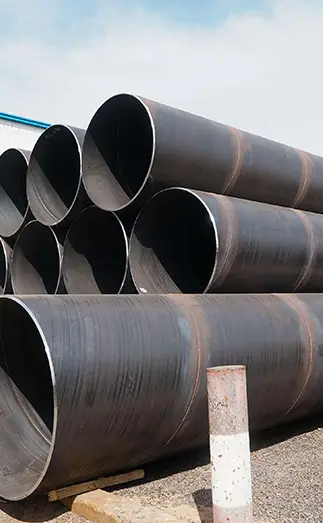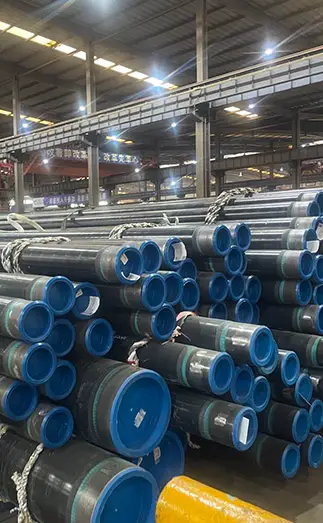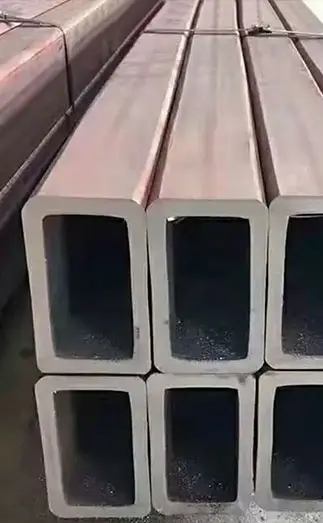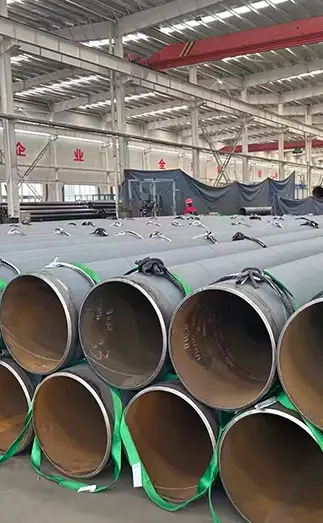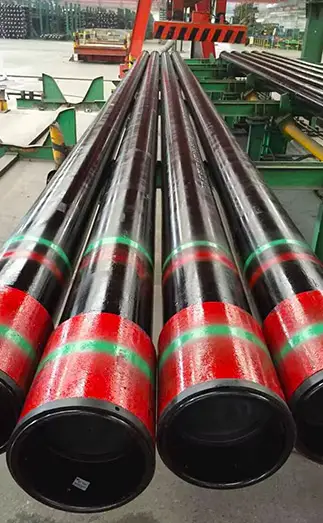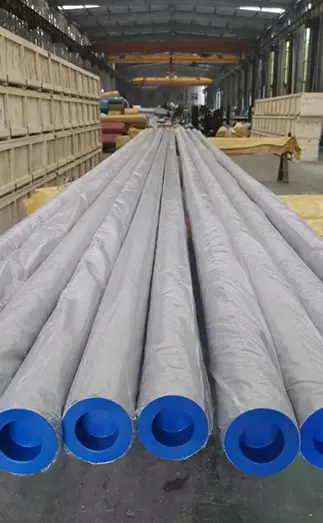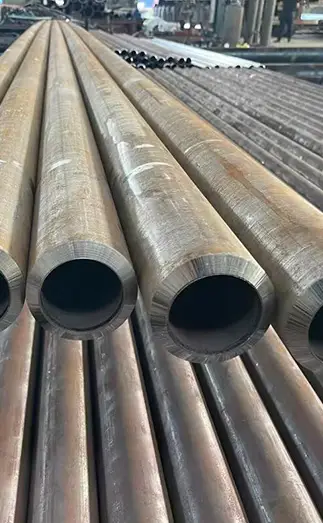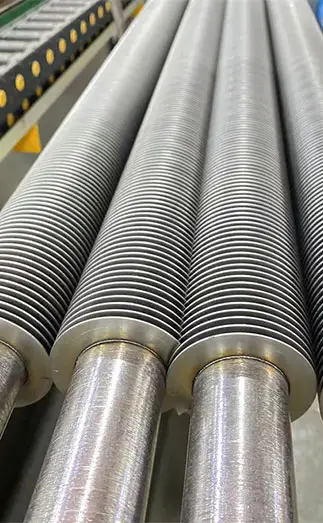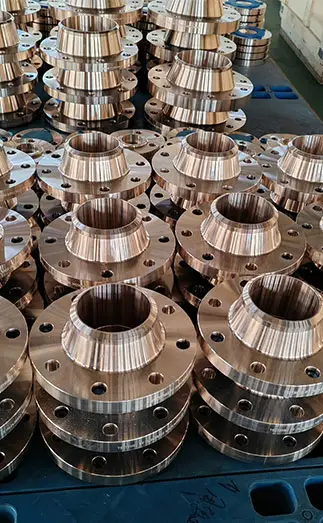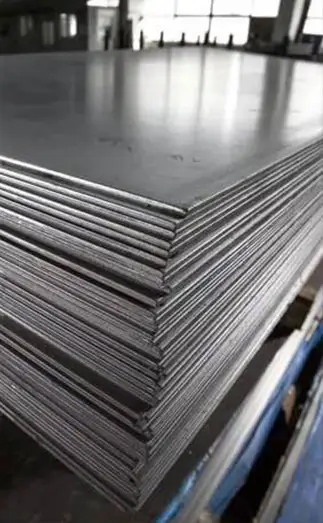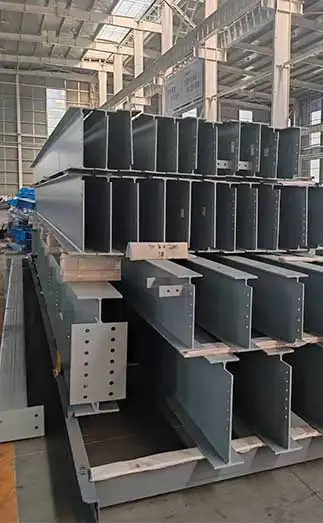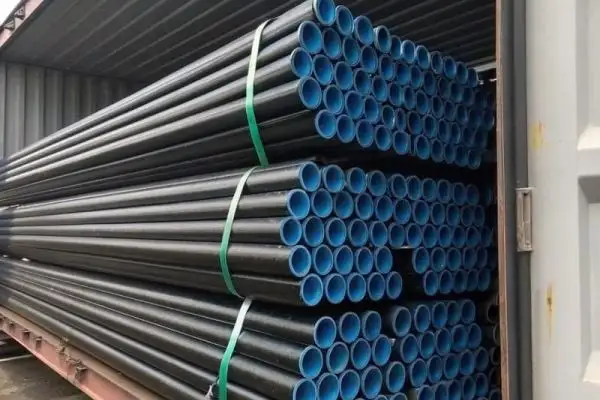OCTG (Oil Country Tubular Goods) pipes are essential components in oilfield drilling and production. They are mainly categorized into two types: tubing and casing. Due to the harsh operating environments, OCTG pipe materials must possess high strength, corrosion resistance, and withstand extreme temperatures and pressures.
Super Steel Manufacturing Co.,Ltd is professional OCTG pipes manufacturer, for more details, please contact:sales@super-steels.com
Common OCTG Pipe Materials
1. Carbon Steel
Carbon steel remains the most widely used material for OCTG pipes.
Features: High strength, good plasticity, cost-effective.
Limitations: Weak corrosion resistance.
Applications: Suitable for standard drilling environments without strong corrosive elements.
2. Alloy Steel
Alloy steel offers enhanced mechanical and environmental performance.
Features: Excellent high-temperature and high-pressure resistance; superior corrosion resistance after heat treatment.
Applications: Preferred in demanding well conditions such as deep wells or wells with corrosive fluids.
3. Stainless Steel
Stainless steel excels in resisting corrosion.
Features: Strong corrosion resistance, stable performance.
Limitations: Higher cost.
Applications: Used selectively in highly corrosive environments (e.g., sour wells, high-CO₂ or H₂S fields).
Material Selection: Key Considerations
1. Environmental Conditions
Material selection depends on terrain, geological complexity, and reservoir characteristics.
In acidic or corrosive environments, corrosion-resistant alloys or stainless steel are preferred.
2. Application Scenarios
Horizontal wells and ultra-deep wells require alloy steels with higher tensile strength to ensure borehole stability and structural integrity.
3. Well Depth
Deeper wells impose greater pressure and cyclic loads on pipe materials.
Stronger and more fatigue-resistant materials are essential.
4. Well Diameter
Pipe diameter affects the wall thickness and strength requirements.
Materials must offer adequate load-bearing performance in limited space.
5. Reservoir Conditions
High temperature, high pressure, and corrosive elements (e.g., chlorides, H₂S) greatly influence material choice.
Advanced alloys are needed for extreme environments to ensure long-term performance.
Conclusion
Carbon steel, alloy steel, and stainless steel are the three core material types used in OCTG pipes, each with distinct advantages and suitable application areas. Choosing the right material requires a holistic evaluation of operating conditions, including well depth, reservoir environment, pressure, and corrosion risk. A proper match between material performance and field requirements is key to ensuring well integrity and safe, efficient oilfield operations.



 English
English Español
Español Français
Français بالعربية
بالعربية